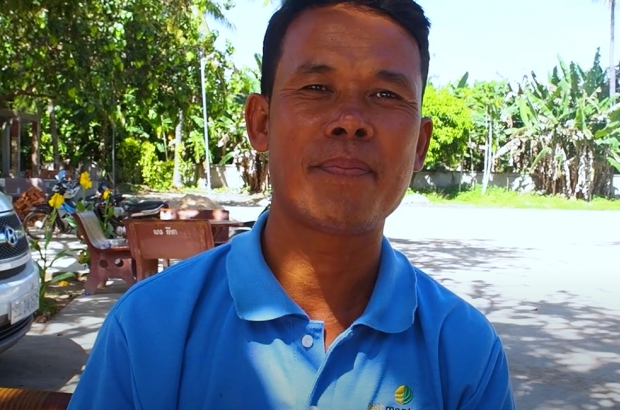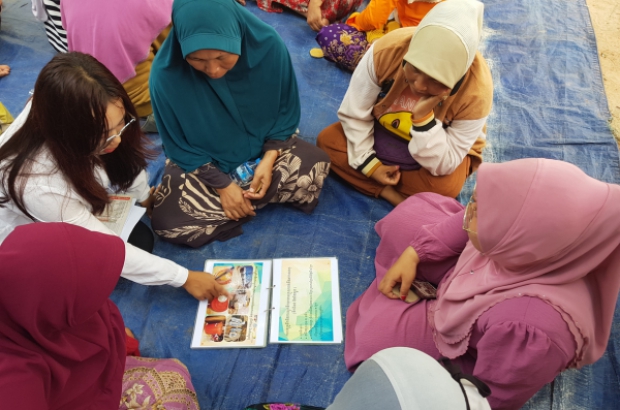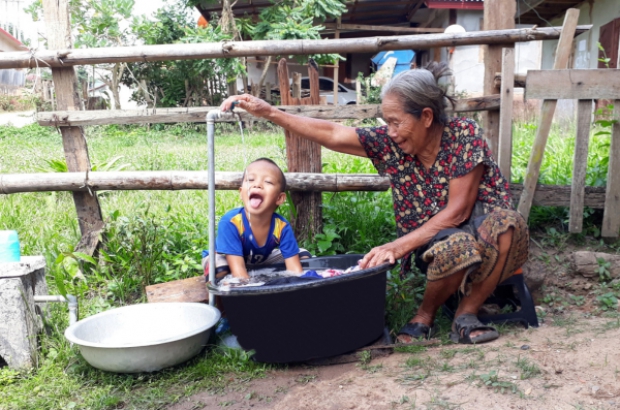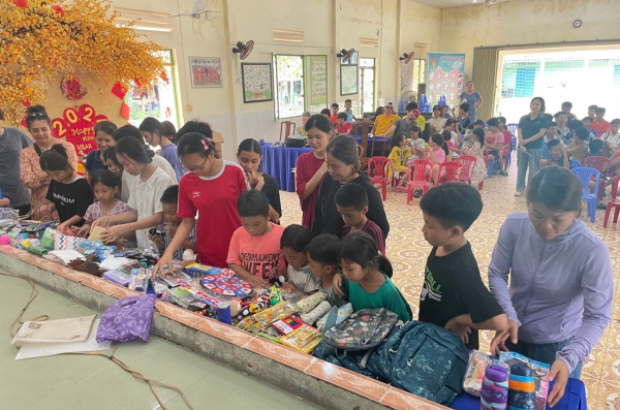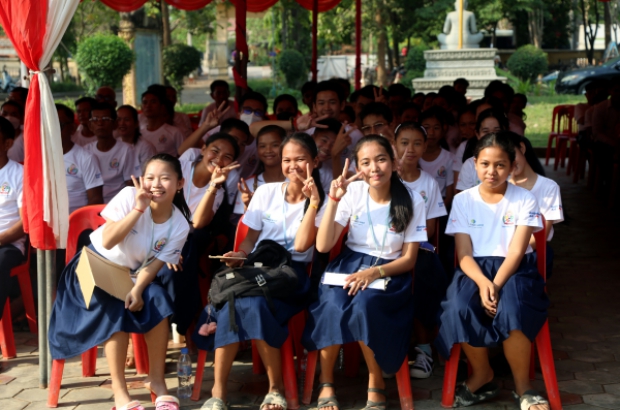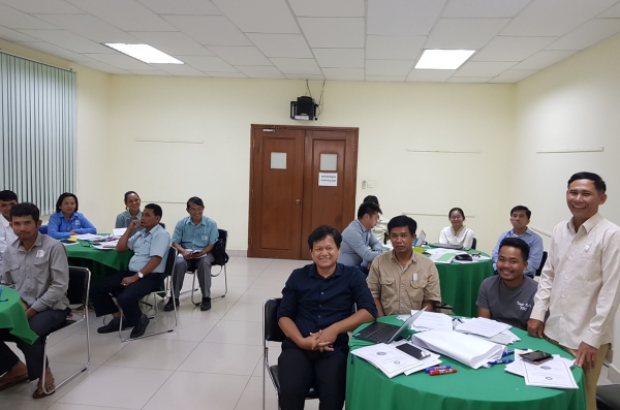2896
CCN from the local facilitator’s view
Mr Phoern Hom is a farmer from Boeng Kok village, Pursat province. He shares his view about the CCN, why he joined as a local facilitator and what he learnt. He is continuing the CCN efforts as a CCN champion by sharing knowledge about climate change and adaptation, and mobilising his village to grow vegetables.
3187
Transitioning from external funding to local government fund management
Under the support of the Australian Government Department of Foreign Affairs and Trade through Water for Women Fund, East Meets West Foundation (EMWF) has launched the Community Led, Inclusive, Climate Resilient (CLICR) WASH project in 30 communes across 15 districts and 6 provinces in Cambodia from January 2023 to December 2024. One of the key objectives of this project is to enhance menstrual health and hygiene (MHH) for women and girls while promoting climate resilience.
3470
A Stream of Change: Mrs. Pik’s Water Transformation
After collecting water for consumption and domestic use for more than 70 years, today Mrs. Pik, a 75-year-old widow living in Paklay District, Xayyabouly Province, can remove the heavy bamboo pole and water bucket from her shoulders. During a household visitation, she told East Meets West’s field staff.
3083
Successful Celebration of World Water Day in Siem Reap Province
On March 22, 2024, an impactful event took place at Tea Banh Primary School in Puok District, Siem Reap Province, marking the celebration of World Water Day. The event, organized by the Provincial Department of Rural Development (PDRD) Siem Reap in collaboration with East Meets West Foundation (EMWF), brought together a diverse array of stakeholders, including government officials, NGOs, local leaders, students, and members of the press.
3052
Empowering Women Water Operators: Celebrating Achievements during World Water Week 2023
In late July 2023, an inspiring event took place under the framework of the Community-Led Inclusive, Climate Resilient (CLICR) WASH Project, a pioneering initiative in Cambodia. Thrive Networks/East Meets West Foundation (EMWF) in Cambodia, in collaboration with partners, organized a refresher training aimed at strengthening the skills of female water operators and their technical staff, managers, and supporting teams. This event, hosted at the Training Hall, Diakonia Centre, Phnom Penh, marked a significant step towards achieving the project’s core objectives.

